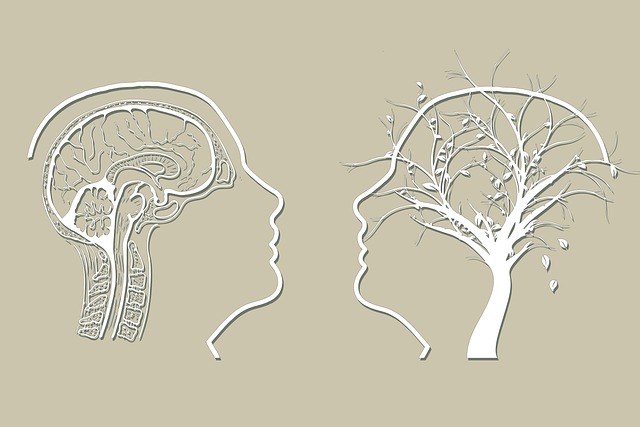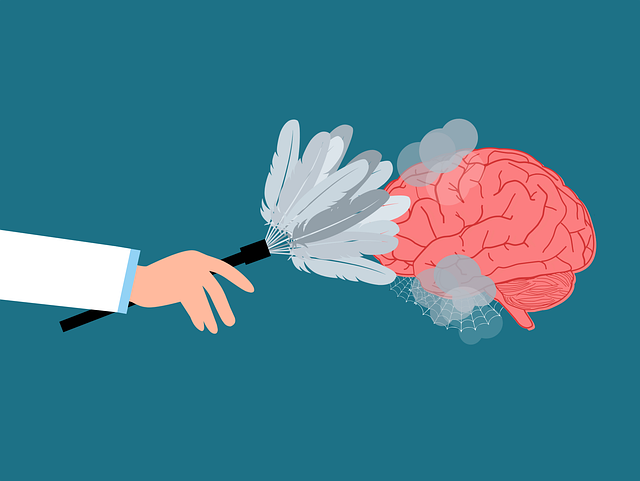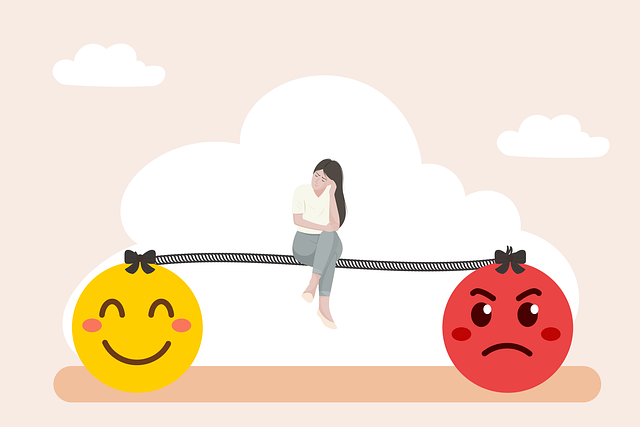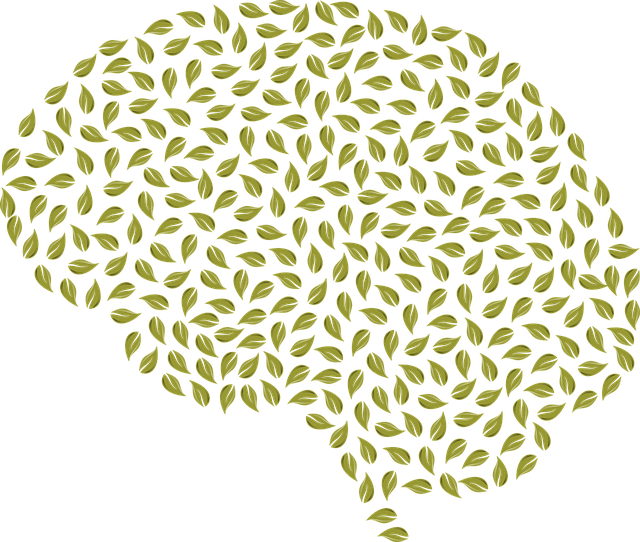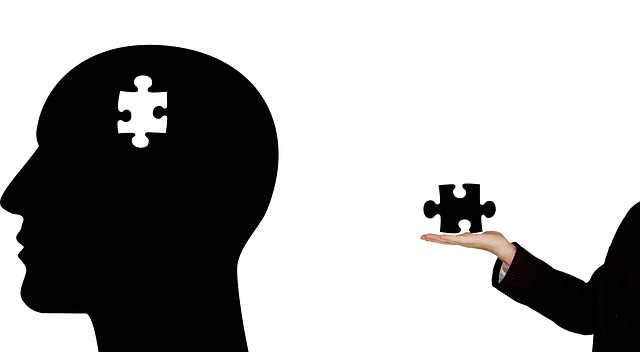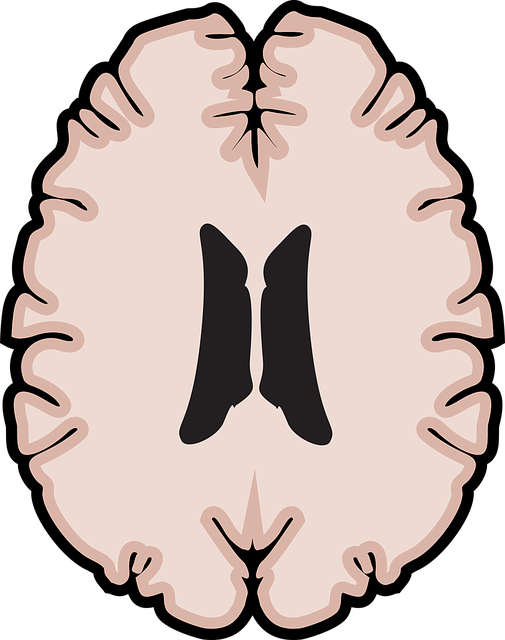Mental health is crucial for children's well-being, with early intervention key. Parents play a vital role in recognizing and addressing issues, triggered by academic pressures or life changes. Tailored self-care routines, community outreach programs, and open conversations about emotions are essential. Self-awareness exercises help children identify feelings and develop healthy coping mechanisms. Postpartum depression (PPD), affecting new mothers, often goes unnoticed but requires early detection through therapy. Regular scheduled sessions normalize therapy, promoting resilience and healthy emotional expression. Holistic self-care for mothers includes therapy, exercise, mindfulness, rest, and social support to manage PPD effectively. Play-based activities promote mental wellness in children, while simple therapy techniques aid parents' recovery.
“Unwind, rejuvenate, and prioritize mental wellness with our comprehensive guide. This article explores essential strategies for fostering healthy minds, especially among young children and new mothers. We delve into the significance of self-care routines, offering insights on managing postpartum depression—a critical topic for new parents.
Learn how therapy can be seamlessly integrated into daily life and discover practical tips for creating holistic care plans. Additionally, we highlight play-based activities to nurture mental wellness in children, ensuring a well-rounded approach to overall health.”
- Understanding Mental Health and Self-Care for Young Children
- Identifying Postpartum Depression: Symptoms and Impact
- Strategies for Incorporating Therapy into Daily Routines
- Creating a Holistic Self-Care Routine for New Mothers
- Nurturing Mental Wellness in Children Through Play and Activities
Understanding Mental Health and Self-Care for Young Children

Mental health is an integral part of a child’s overall well-being, and promoting self-care practices at a young age can have long-lasting benefits. For parents and caregivers, recognizing and addressing mental health issues in children is crucial. Youngsters may experience stress, anxiety, or even symptoms of depression, which can be triggered by various factors such as academic pressures, peer relationships, or significant life changes. Understanding these challenges and providing appropriate support is essential to fostering healthy development.
Self-care routines specifically tailored for young children should focus on coping skills development. Simple practices like engaging in creative activities, practicing mindfulness exercises, or even adopting a pet can contribute to building resilience and self-awareness. Additionally, community outreach program implementations that educate parents and caregivers about mental health resources and provide support networks can be invaluable. Encouraging open conversations around emotions and offering safe spaces for children to express themselves are key strategies in managing mental wellness. Furthermore, incorporating self-awareness exercises into daily routines can help young individuals recognize their feelings and develop healthy coping mechanisms, which may also alleviate the risk of postpartum depression in mothers, as research suggests that early intervention and support can significantly impact long-term mental health outcomes.
Identifying Postpartum Depression: Symptoms and Impact

Postpartum depression (PPD) is a serious mental health condition that can affect new mothers, often unnoticed due to its subtle yet profound impact on daily life. It’s more than just the ‘baby blues’ and typically presents within four weeks after childbirth. The symptoms of PPD are diverse, affecting both emotional and physical well-being. Common indicators include persistent sadness, anxiety, exhaustion, difficulty bonding with the baby, changes in appetite and sleep patterns, and even thoughts of self-harm. These symptoms can significantly impair a mother’s ability to care for herself and her infant, making daily tasks overwhelming.
Early detection is crucial, as PPD left untreated can have long-lasting consequences for both mother and child. It may hinder a mother’s capacity to provide nurturing care, leading to potential developmental delays in the child. Therapy for young children affected by postpartum depression within an organization focused on stress management workshops can be transformative. Such interventions aim to build inner strength, promote healthy coping mechanisms, and educate parents about normalizing emotional experiences post-childbirth.
Strategies for Incorporating Therapy into Daily Routines

Incorporating therapy into daily routines is a powerful step towards fostering mental wellness, especially for young children and those recovering from postpartum depression. One effective strategy is to treat therapy as a non-negotiable part of one’s day, much like brushing teeth or exercising. Consistency is key; scheduling regular sessions with a therapist, even for brief periods, can help normalize the practice and make it easier to stick to over time. This approach normalizes mental health care and sends a positive message that prioritizing mental wellness is as important as any physical routine.
For parents seeking to support their young children’s mental health, incorporating therapy into daily life can be incredibly beneficial. It could involve family therapy sessions designed to strengthen bonds and teach coping mechanisms or individual therapy for children to express their feelings and process emotions in a safe space. Additionally, compassion cultivation practices and reduction of mental illness stigma through open dialogue within these sessions can create an environment where individuals feel seen, heard, and validated, fostering a sense of belonging and encouraging help-seeking behaviors.
Creating a Holistic Self-Care Routine for New Mothers

Becoming a new mother is an incredible yet challenging journey, often accompanied by a storm of emotions and physical demands. Establishing a holistic self-care routine is essential for mothers to navigate this transformative period and maintain their mental health awareness. It’s crucial to acknowledge that postpartum depression (PPD) can affect young mothers, impacting their ability to care for themselves and their babies. Therefore, prioritizing self-care becomes not just a choice but a necessity.
A comprehensive approach should include various elements tailored to address the unique needs of new mothers. Regular therapy sessions for young children and their parents can provide valuable communication strategies to cope with anxiety relief and stress management. Simple yet effective practices like dedicated time for exercise, mindfulness meditation, or even short naps can make a significant difference. Additionally, fostering social connections through support groups or reaching out to trusted friends and family members can offer emotional stability and practical help during this critical period.
Nurturing Mental Wellness in Children Through Play and Activities

Nurturing mental wellness in children begins with play and engaging activities that promote healthy development. For parents, especially those recovering from postpartum depression, incorporating therapy techniques into daily routines can be transformative. Simple practices such as imaginative play, arts and crafts, and outdoor adventures encourage children to express their emotions, fostering resilience and coping skills development. These activities not only serve as potent tools for anxiety relief but also help in burnout prevention, ensuring a balanced mental state from an early age.
Through play, kids learn valuable social and emotional skills, enhancing their ability to navigate relationships and manage stress. This proactive approach can significantly impact their future mental health, providing them with the resources needed to face challenges head-on. By engaging in these activities, parents also create a supportive environment, strengthening the bond with their children while promoting open conversations about emotions and mental wellness.
Mental wellness is a cornerstone of overall health, especially for young children and new mothers. By understanding mental health and implementing self-care practices, we can foster resilient minds. Identifying symptoms like postpartum depression early on is crucial to seeking appropriate therapy, ensuring a healthier future. Incorporating daily routines that include therapy sessions and holistic care can significantly enhance mental wellness. Through play, activities, and tailored strategies, both children and new mothers can navigate challenges, nurturing their emotional well-being.
